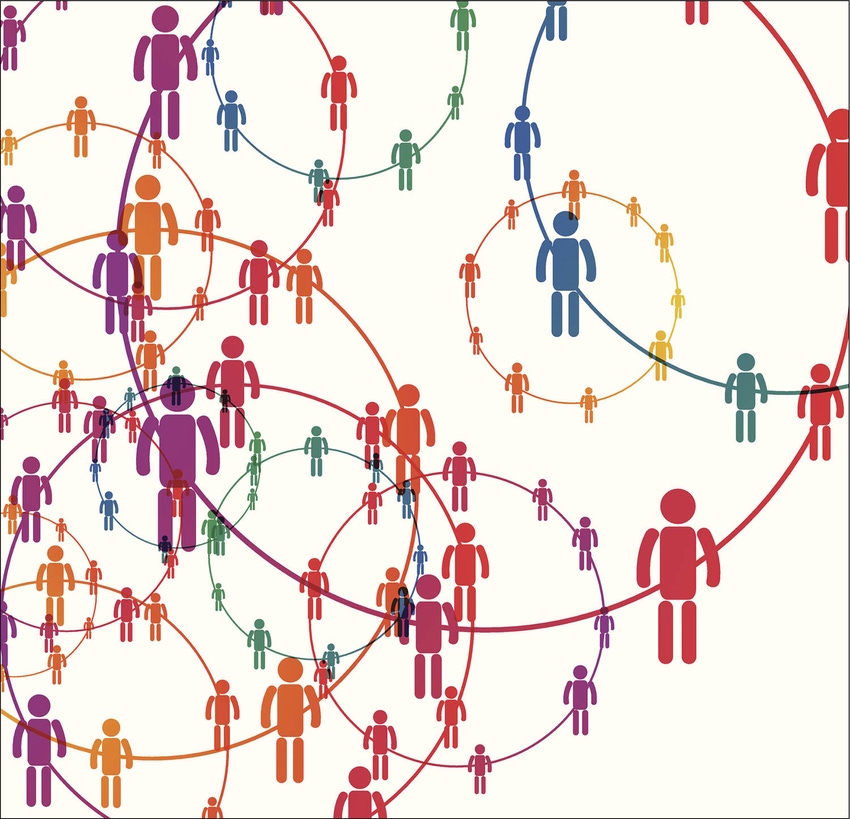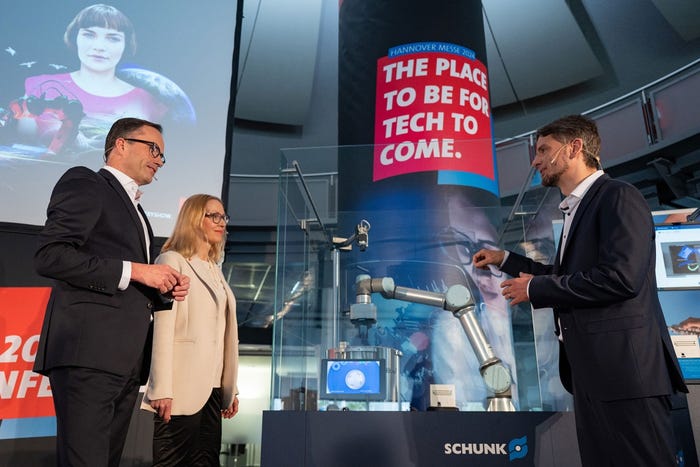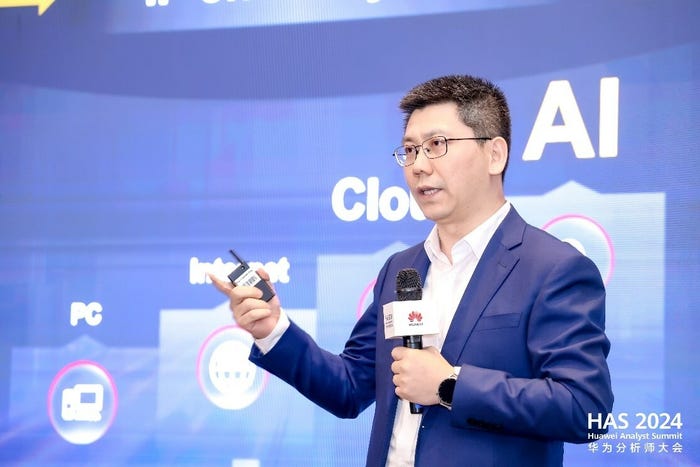This week, there has been a lot of news related to IoT partnerships. Intel picks up Itseez; T-Mobile and IBM are working with Twilio; Levis and Google are working on smart clothing; Arduino is offering support for Amazon; the city of Los Angeles is opening up its data to developers; and Nest is making its Thread protocol open source.
May 26, 2016

Sign up for the IoT Informer to get the latest IoT news emailed to you each week.
1. Intel Scoops Up Computer Vision Startup Itseez
The chipmaker as aggressively towards IoT applications as it is moving away from PCs. Intel recently announced that the startup Itseez would become an important component of its Internet of Things business. The company makes navigation systems for self-driving cars although its computer vision technology is also suited for use in robots and security applications, explains Tech News Today.
The German-language Swiss site Watson observes an uptick in interest in eSIM technology (the “e” stands for embedded) that could make SIM card technology, which was developed 25 years ago, obsolete. The transition could have significant implications for the IoT because SIM cards are used in M2M devices.
3. T-Mobile and IBM Partner with IoT Firm Twilio
Cloud communications firm Twilio wants to help developers create apps that rely on cellular connectivity. The San Francisco–based company is hooking up with T-Mobile to support its new platform that uses wireless bandwidth known as Programmable Wireless. As VentureBeat explains, developers can use the service to support wireless voice, text, or data services that can be integrated into IoT devices. The firm has also expanded its offerings of services, or add-ons, adding data analytics powered by IBM Watson. Founded in 2007, Twilio has prominent clients including Walmart, Uber, Airbnb, eBay, and Salesforce.com.
4. Levi’s and Google Unveil Connected Jacket
The historic jean company is announcing the smart Jacquard Google trucker jacket, which has Google technology woven into it. A video showing the jacket in action demonstrates how it can be used to help you get directions, information on nearby places, and answer calls—presumably without getting distracted. A touch-sensitive cuff helps its wearer interact with the smartphone-connected technology.
5. Arduino Eyes IoT with Primo Board
The Italian company has made itself in the maker board by making inexpensive programmable computing boards. Now, it is targeting the hobbyist IoT market, according to CIO, with a new range of computing boards including the Primo, Primo Core, and the Otto boards. That latter features compatibility with Amazon’s Echo API, enabling developers to give their projects voice control features.
6. Nest Makes Its Thread Protocol Open Source
Alphabet’s Nest division has released an Open Source version of its Thread protocols, making it easier for developers to create smart-home technology. Known as OpenThread, the protocol is supported by of an array of companies other than Nest, including ARM, Qualcomm, and TI. Nest says that current wireless devices can be updated to support OpenThread, provided they support 802.15.4 wireless standards.
7. Los Angeles Opens Up Smart City Data
L.A. is granting researchers high-speed access to city data by way of a 100-Gbps platform known as California Research and Education Network (CalREN). The connection to the data is 1000 times faster was previously available, according to Los Angeles Mayor Eric Garcetti.
Sign up for the IoT Informer to get the latest IoT news emailed to you each week.
About the Author(s)
You May Also Like



.png?width=300&auto=webp&quality=80&disable=upscale)


.png?width=300&auto=webp&quality=80&disable=upscale)